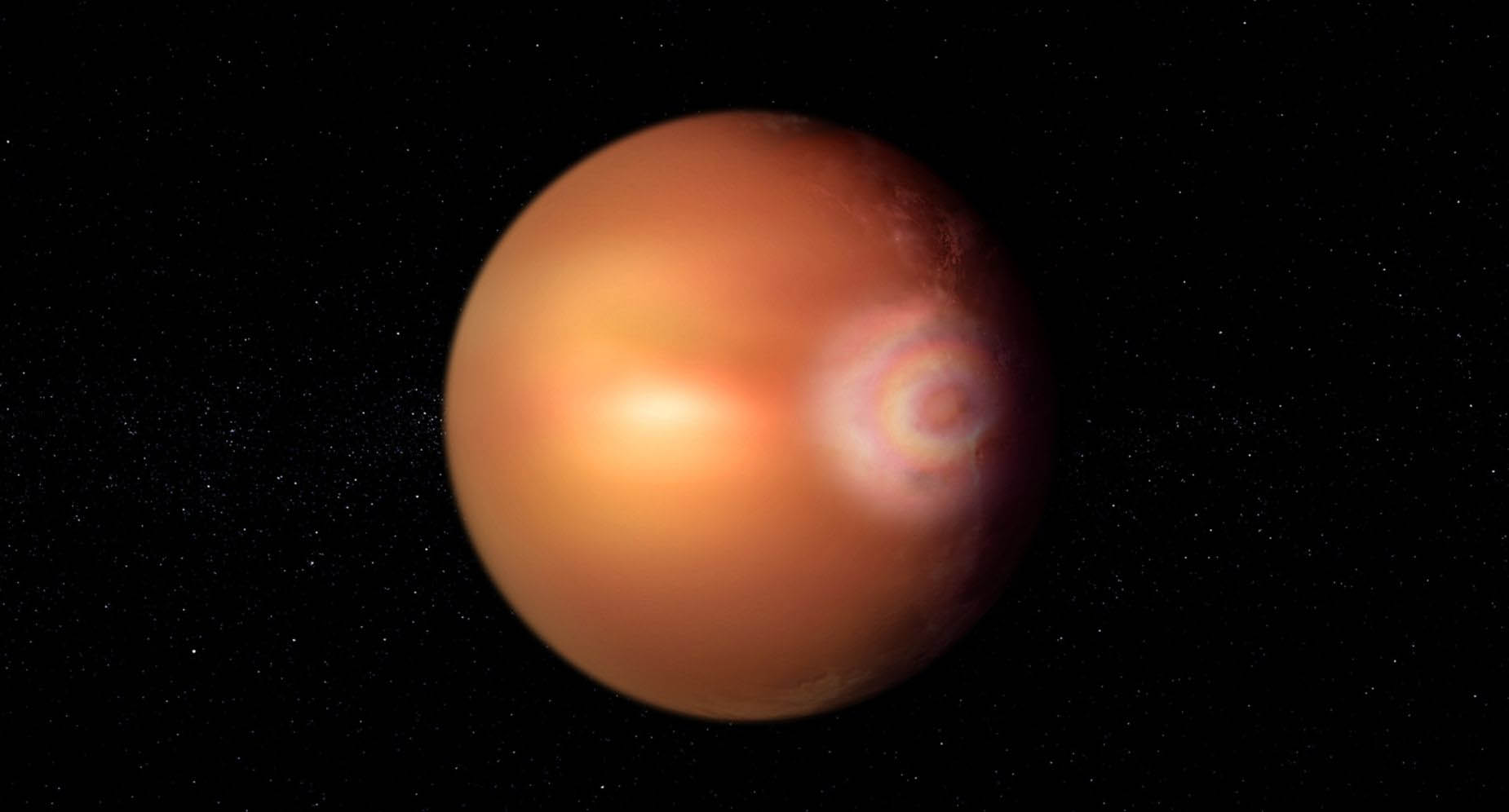Scientists: Chemistry, astronomy, forensic science, paleontology and many other fields of science are slowly but steadily making new advancements. This year, in just the first six months, scientists and researchers around the world have made a series of discoveries. While many of these discoveries were made after years of research, some also happened by accident. Here are some of the top science news stories of the year so far: Scientists discover exoplanet that smells like rotten eggs With the help of the James Webb Space Telescope, astronomers have discovered a “hot Jupiter” planet that “smells like rotten eggs.” The planet is located only 64 light years from Earth. It is full of hydrogen and hydrogen sulfide, which is the main reason why this planet smells like rotten eggs. Madhya Pradesh University researchers create fingerprint nanopowder Researchers from the Department of Criminology and Forensic Science of Dr. Harisingh Gour Central University have created a diatom nanofingerprint powder that provides an accurate and eco-friendly alternative to the energy used to track fingerprints. The newly developed powder effectively removes fingerprints from various surfaces without compromising their integrity. The project also received a grant for its patent.
Canadian scientists create world’s smallest, tightest knot with 54 atoms Scientists from the University of Western Ontario in Canada and the Chinese Academy of Sciences created the smallest, strongest knot of only 54 atoms. Surprisingly, this knot was formed unintentionally. With this invention, scientists have also surpassed a record of 2020, when chemists in China created a similar knot with 69 atoms. Astronomers discover black hole 33 times larger than the Sun Astronomers at the European Southern Observatory have discovered a new stellar black hole called Gaia BH3. This black hole was discovered within the Milky Way and is located only 2,000 light-years from Earth. It is estimated to be 33 times larger than our Sun, making it the second-largest black hole in the galaxy. Paleontologists discover 280-million-year-old fossil of apex predator Paleontologists have excavated the fossilized remains of salamander-like creatures that lived on Earth even before the dinosaurs. The creature has been named Gaiasia jennyae. It was about 8.2 feet long. Its massive head is 2 feet long. Gaiasia jennyae lived in swamps that were once located in present-day Namibia.
